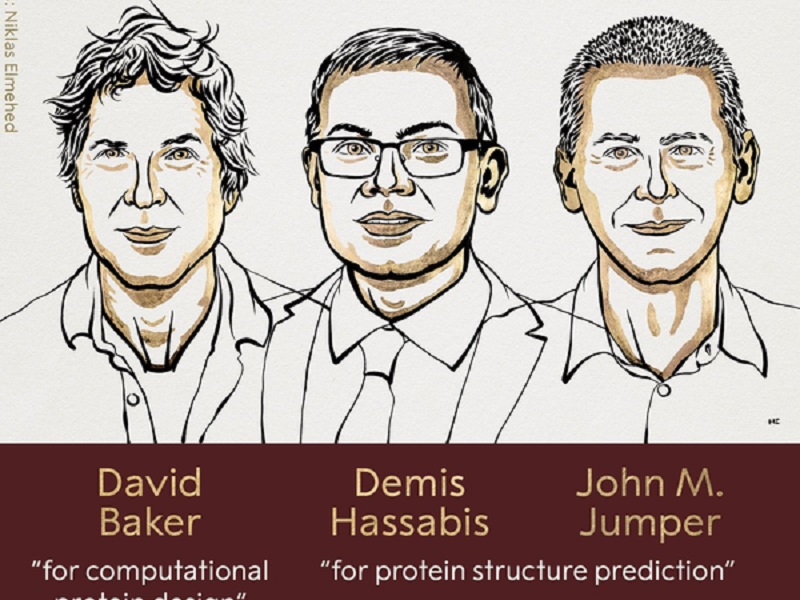Place your adverts here on InfoDig @ low rates; banner ads, sponsored links and guest articles etc. Contact us
Investment education has undergone significant transformation over the decades. Historically, investment knowledge was passed down through traditional means such as books, seminars, and personal advisors. Today, the landscape is rapidly evolving due to advancements in technology and the increasing importance of financial literacy. As we move forward, understanding the future of investment education involves exploring emerging trends and innovations that promise to reshape how investors learn and engage with financial markets. One notable example is Vortex Echo Ai, an investment education firm that provides invaluable insights for those looking to learn about investing.
The digital revolution has profoundly impacted investment education. Online learning platforms such as Coursera, Udemy, and specialized financial education sites have democratized access to investment knowledge. These platforms offer courses designed by industry experts, making high-quality education accessible from anywhere in the world. Artificial Intelligence (AI) and machine learning further enhance this experience by personalizing learning paths based on an individual’s knowledge level, learning pace, and investment goals. For instance, AI-driven tools can analyze user behavior to suggest tailored learning modules, thereby increasing the effectiveness of educational interventions. Big data also plays a crucial role in refining educational content, allowing platforms to adapt and improve based on user feedback and performance metrics. Gamification is transforming investment education by making it more interactive and engaging. By incorporating game-like elements such as points, leaderboards, and simulations, educational platforms can turn learning into a more enjoyable and motivating experience. For example, platforms like Investopedia Academy use simulated trading environments where learners can practice their skills without financial risk. This approach not only enhances engagement but also improves retention of complex financial concepts. The future of gamification in investment education lies in creating increasingly sophisticated simulations and interactive scenarios that replicate real-world market conditions, offering learners a more immersive and practical learning experience. Virtual Reality (VR) and Augmented Reality (AR) are emerging as powerful tools in investment education. VR can create fully immersive environments where learners can explore financial markets and investment strategies in a simulated setting. For instance, VR platforms can offer virtual trading floors where users interact with real-time data and market simulations. AR, on the other hand, can overlay digital information onto the physical world, providing interactive visualizations of complex financial data. The adoption of VR and AR in education is still in its nascent stages, but it holds significant potential for enhancing the learning experience by offering more interactive and realistic training scenarios. Blockchain technology and Decentralized Finance (DeFi) are poised to revolutionize investment education. Blockchain’s transparency and security features can enhance credentialing and certification processes, making it easier to verify and track educational achievements. For instance, blockchain-based certificates can provide verifiable proof of completed courses and competencies. DeFi, with its decentralized nature, introduces new investment products and strategies that can be integrated into educational curricula. Educators can leverage these innovations to teach about emerging financial instruments and the underlying technologies driving them, thus preparing learners for a rapidly evolving investment landscape. Personalization is becoming a central theme in investment education. Unlike traditional one-size-fits-all approaches, modern educational tools are increasingly focusing on customizing learning experiences based on individual profiles. This includes tailoring content to match the learner’s investment goals, risk tolerance, and prior knowledge. Advanced algorithms analyze user data to provide personalized learning pathways, offering relevant content and resources that align with the learner’s specific needs. Additionally, the rise of virtual mentorship and coaching platforms enables learners to receive tailored advice and feedback, further enhancing the educational experience. Collaborative learning is gaining traction in investment education. Social investing platforms, such as eToro and StockTwits, facilitate peer-to-peer interactions and knowledge sharing among investors. These platforms allow users to follow and replicate the strategies of successful investors, fostering a community-driven approach to learning. Collaborative features like discussion forums, group challenges, and shared portfolios create opportunities for learners to engage with others, share insights, and learn from diverse perspectives. The future of collaborative learning in investment education will likely involve more sophisticated social features and integration with emerging technologies to enhance collective knowledge and strategy development. As investment education evolves, regulatory and ethical considerations become increasingly important. The integration of AI, big data, and other technologies raises concerns about data privacy, algorithmic bias, and the ethical use of educational tools. Regulatory frameworks will need to address these issues to ensure that technological advancements do not compromise the integrity and fairness of investment education. Additionally, promoting ethical investment practices and responsible use of financial information will be crucial in fostering a knowledgeable and ethical investor community. Looking ahead, the future of investment education will likely be shaped by several emerging trends. Advances in quantum computing could revolutionize data analysis and financial modeling, creating new opportunities for educational tools and simulations. Additionally, the continued growth of global financial markets and the increasing complexity of investment products will drive the need for more advanced and adaptive educational resources. Institutions and educators will need to stay agile and innovative to keep pace with these changes and provide relevant and effective learning experiences. In conclusion, the future of investment education is marked by rapid technological advancements and innovative approaches. From digital platforms and gamification to VR/AR and blockchain, these trends are reshaping how investors learn and engage with the market. Embracing these innovations will be essential for creating a more informed and capable investor community. By staying ahead of the curve and adapting to emerging trends, educational institutions and learners alike can navigate the evolving landscape of investment education with greater confidence and success.Digital Transformation in Investment Education
Gamification: Making Investment Learning Engaging
Virtual and Augmented Reality: Immersive Learning Experiences
The Role of Blockchain and Decentralized Finance (DeFi) in Education
Personalized Learning Pathways: Catering to Diverse Investor Profiles
Collaborative Learning and Social Investing
Regulatory Trends and Ethical Considerations
The Future: What’s Next for Investment Education?
Conclusion: Embracing Innovation for a Smarter Investor Community
Related Topics

 2 hours ago
35
2 hours ago
35








![Nigerians React As Speed Darlington Regains Freedom After Arrest By Burna Boy [Video]](https://media.kanyidaily.com/2024/10/09111021/Speed-Darlington-1.jpg)






 English (US) ·
English (US) ·